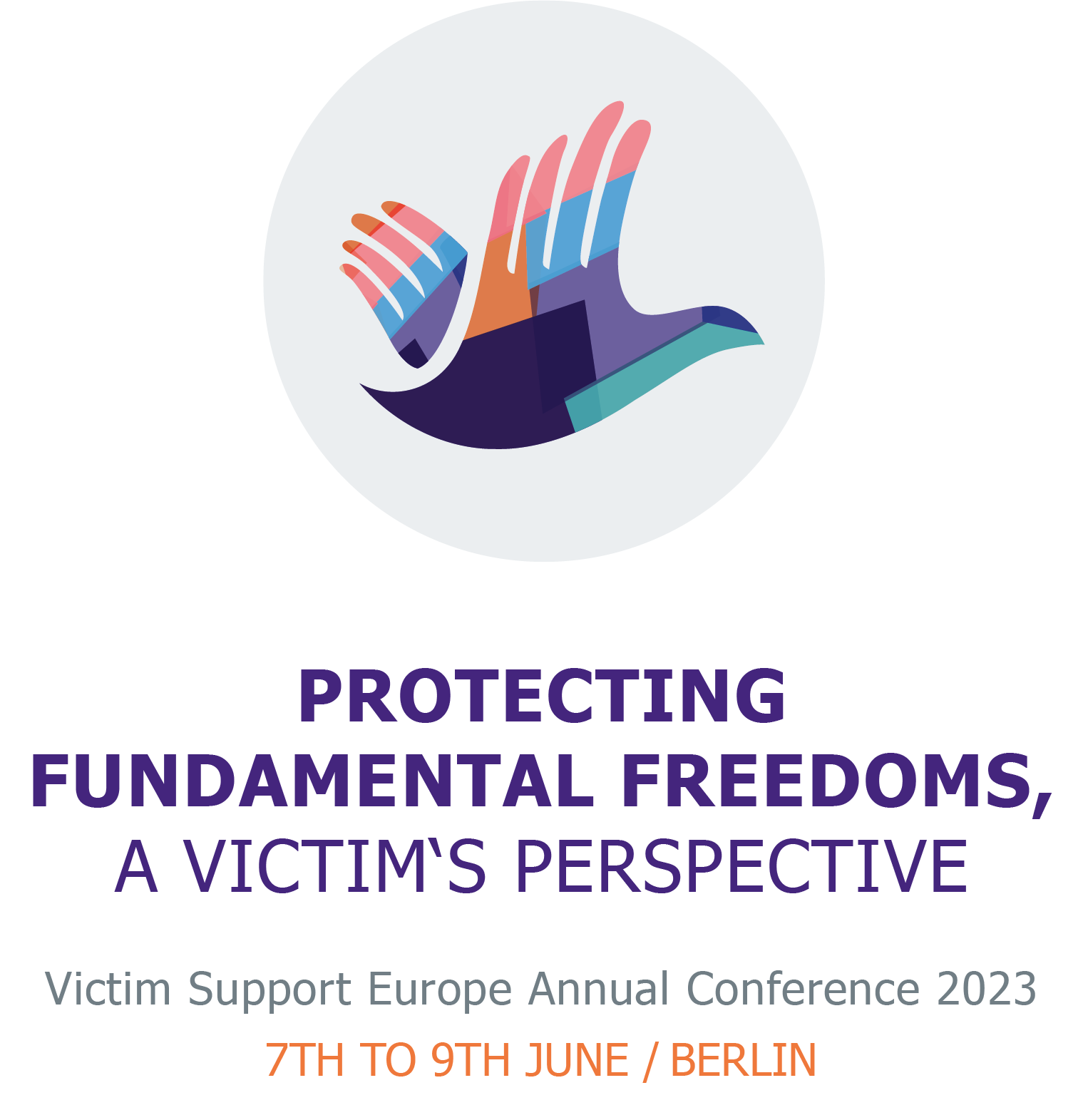PART 1: Boys’ right to be free of sexual abuse and exploitation online (LEAGUE project)
Led by Denitsa Kozhuharova, Law & Internet Foundation
Limiting online sexual Exploitation and Abuse Gender based on Underaged boys by Educating experts (LEAGUE) is a project aiming to prevent the online sexual abuse of boys aged 10-18. The project is implemented in two main streams – the first one encompasses international and national training programmes, while the second is dedicated to the elaboration of an Internet Platform and Chatbot.
The Victim Identification and Risk Factors workshop is a small group exercise aiming to stimulate participants to open up and share their experience in recognising risk factors of child sexual abuse of boys online. In particular, how to identify signs of abuse and how to detect the boys’ reaction to abuse. Participants will be divided into groups of 4-5 persons, where each group will be handed exercise cards on the following topics:
- Individual factors
- Family factors
- Behavioural signs
- Coping and response mechanisms as a reaction to the abuse
- Disclosure
- What recognising the factors allows us to do
Each group will deliberate for 30-40 minutes and then share its conclusions with the whole workshop, while the moderator of the session will work on a canvas noting the key results. The presentation of the conclusions will allow for a group discussion, exchange of ideas, good practices and working methods, while the moderator will end with a summary. The workshop will conclude by inviting each participant to choose a dixit card to evaluate their experience, based on the respective visual of the card, participants’ feeling of the day and obtained know-how.
PART 2: Femicide as a violation of the human rights to life, liberty & personal security – findings and recommendations 2017-2020
Led by Aurela Bozo, Center for Legal Civic Initiatives
This workshop aims to reflect on the situation of Femicide in Albania, by sharing the findings and recommendations of a study on Femicide in Albania during the period 2017-2020.
It will cover three components:
- The legal situation on femicide and it’s level of compliance with the obligations stemming from the Istanbul Convention;
- Findings and recommendations from monitoring court decisions on femicide in Albania;
- A professional capacity assessment addressing gender based violence.
The Center for Legal Civic Initiatives (CLCI) organises training for judges, prosecutors and judicial police officers on the effective criminal prosecution of cases of domestic and gender based violence. Their experience will be used to actively discuss Albania’s achievements and gaps in addressing gender-based violence. CLCI’s advocacy experience using the standards of the Istanbul Convention, and the recommendations of GREVIO, Committee of Parties will be shared interactively with participants.
Methodology:
- Interactive discussion by participants based on the findings of the FEMPLATZ study in Albania;
- Sharing good practices and inviting participants to share their countries’ good practices;
- Lessons learnt;
- Brainstorming to identify the next steps.

